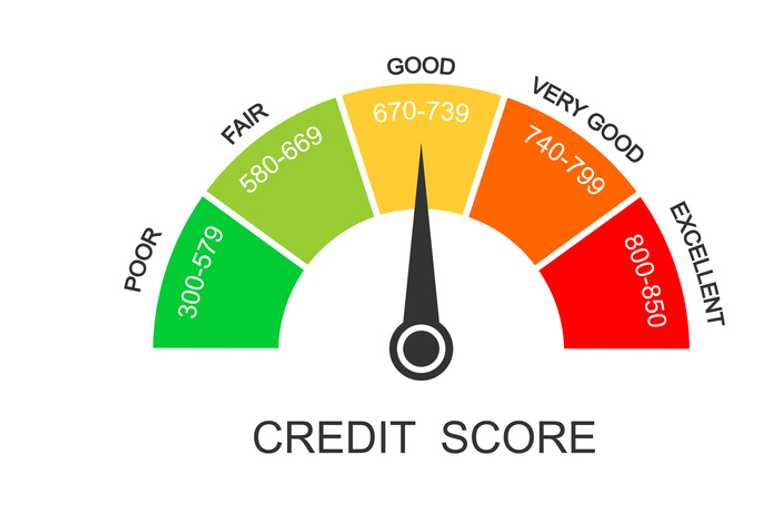Your credit score is a vital component of your financial health, influencing your ability to secure loans, obtain favorable interest rates, and even impact your everyday life. In this comprehensive guide, we will explore actionable steps to help you achieve and maintain better credit scores, unlocking doors to financial opportunities.
Section 1: Understanding Credit Scores
1.1 What is a Credit Score?
Define the concept of a credit score – a numerical representation of your creditworthiness, ranging typically from 300 to 850, with higher scores indicating better credit.
1.2 Factors Influencing Your Credit Score
Explore the key factors that impact your credit score, including payment history, credit utilization, length of credit history, types of credit, and new credit.
Section 2: Checking and Monitoring Your Credit Score
2.1 Regularly Check Your Credit Report
Obtain a free credit report annually from each major credit bureau (Equifax, Experian, and TransUnion) to review for accuracy and identify any discrepancies.
2.2 Utilize Credit Monitoring Services
Consider using credit monitoring services for real-time updates on changes to your credit report. These services often provide alerts for suspicious activity and changes in your credit score.
Section 3: Strategies for Improving Your Credit Score
3.1 Pay Your Bills on Time
Consistently paying your bills on time is the single most impactful factor for a positive credit score. Set up automatic payments or reminders to ensure timely payments.
3.2 Reduce Credit Card Balances
Lower your credit card balances to improve your credit utilization ratio. Aim to keep your credit card balances well below your credit limits.
3.3 Avoid Opening Unnecessary Credit Accounts
Opening too many new credit accounts in a short period can negatively impact your credit score. Be selective and intentional about new credit applications.
3.4 Lengthen Your Credit History
While not an instant fix, maintaining longstanding credit accounts positively influences your credit score over time. Avoid closing old accounts unless necessary.
Section 4: Managing Different Types of Credit
4.1 Diversify Your Credit Portfolio
Having a mix of credit types, such as credit cards, installment loans, and retail accounts, contributes positively to your credit score. However, only open accounts as needed and manage them responsibly.
4.2 Be Cautious with Closing Accounts
Closing credit accounts may impact your credit utilization and overall credit history. Consider the potential effects before closing an account.
Section 5: Dealing with Negative Information
5.1 Addressing Late Payments and Defaults
If you have late payments or defaults, take steps to address them. Negotiate payment plans with creditors and consider debt consolidation if necessary.
5.2 Disputing Inaccurate Information
If you find inaccuracies on your credit report, dispute them promptly with the credit bureaus. Correcting errors can positively impact your credit score.
Conclusion:
Achieving better credit scores is a gradual process that requires commitment and financial responsibility. By understanding the factors that influence your credit score and implementing proactive strategies, you can elevate your financial profile. Regularly monitor your credit, adopt healthy financial habits, and make informed decisions to ensure your credit score reflects your responsible financial management. Remember, a better credit score opens doors to improved financial opportunities and long-term financial well-being. Start your journey to a better credit score today.





